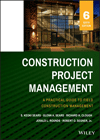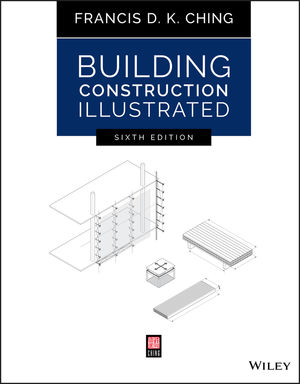...dollar collected last year. "This is less a bonding issue than a transparency issue," says Jewell Petek, campaign manager for the initiative.
Voters in Seattle could help decide the fate of a controversial monorail project that voters approved in 2002. The vote was ordered by a state appeals court in September. Initiative 83 would ban permits for the project (ENR 9/20 p. 7). But Nils Finne, a local architect and project opponent, says the vote will not be decisive. The appellate court will make a final ruling on the dispute following the Nov. 2 vote. "I think it will rule in our favor," Finne says.
Large industrial project financing and economic development measures are on the ballot in Arkansas and Rhode Island. Nebraska wants to offer tax relief for historic structures that are renovated or preserved. School construction issues are on ballots, but at much smaller dollar levels. In Kansas City, officials are sweetening stadium renovation costs by linking two projects to performing arts center financing. The outcome is uncertain.
|
Environmental measures also are visible. Colorado seeks to require state utilities to generate or purchase part of their electric power from renewable sources beginning in 2007, and Washington state wants to toughen rules for handling nuclear and other wastes and cleaning up tainted sites, such as the Hanford former nuclear site.
Voter decisions on Nov. 2 also could affect firms local business climates. The Consulting Engineers and Land Surveyors of California is urging members to reject Proposition 72, which would mandate medical coverage by large and mid-size companies and cap employee contributions to medical plans. Supporters point to rising health care costs and more uninsured workers, but the proposal "could have a huge impact on the cost of doing business in California" and lead to state-dominated insurance, says CELSOC Executive Director Paul Meyer.
Contractors in Colorado call one ballot item "the most bogus amendment out there. It would remove limits, with some exceptions, on a property owners ability to recover damages when improvements are not done in a "good and workmanlike manner. The amendment would effectively roll back earlier legislation that gives a builder the right to cure construction defects before a lawsuit can be filed. It also limits non-economic damages to $250,000. "It would roll back strides made against frivolous lawsuits," says Richard OBrecht, president of the Colorado Associated General Contractors.




